Sodium bicarbonate, commonly known as baking soda, has specialized applications in oil well drilling. Its unique chemical properties make it useful in several aspects of drilling. Below are detailed explanations of the applications of sodium bicarbonate in oil well drilling:
pH Control of Drilling Fluid: One of the primary uses of sodium bicarbonate in oil drilling is to regulate and control the pH of drilling fluid. The appropriate pH of drilling fluid is crucial for the correct functioning of the drilling system. Sodium bicarbonate can assist in adjusting the pH to suitable levels.
Release of Carbon Dioxide (CO2) Gases from Drilling Fluid: When encountering CO2 gas in oil wells, sodium bicarbonate is used as a CO2 absorbent. This absorption of CO2 helps reduce the gaseous pressure in the drilling system.
Purification of Drilling Fluid: Sodium bicarbonate can aid in the purification of drilling fluid. This process involves removing impurities, bacteria, and unwanted organic substances that could damage the fluid’s performance.
Counteracting the Hardness of Lime and Gypsum: In some drilling areas, lime and gypsum may be present as hardening and depleting substances in wells. Sodium bicarbonate can help reduce the hardness of these materials, contributing to the stability of the oil well.
Control of Odor and Olfactory Defects: Sodium bicarbonate can also be effective in controlling odors and olfactory defects in drilling fluid and oil wells.
Control of Solid Deposition: In drilling systems, solid materials may form deposits that can damage the system. Sodium bicarbonate can act as a regulating agent to control the formation of these deposits.
Overall, the use of sodium bicarbonate in oil well drilling assists in controlling and improving various aspects of drilling fluid and the drilling system. This chemical compound is used as a regulating and purifying agent in this industry.


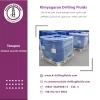
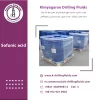
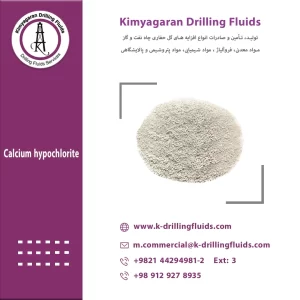
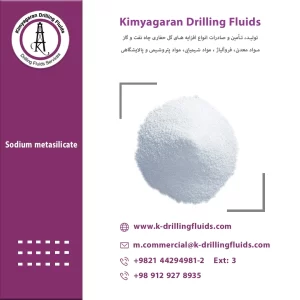
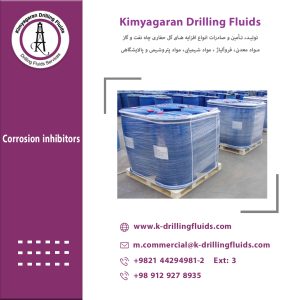
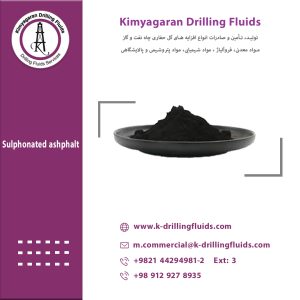
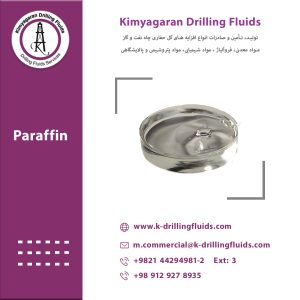
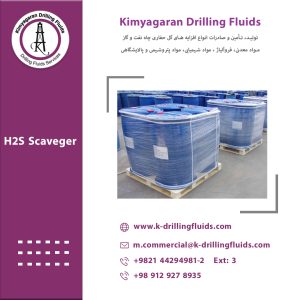
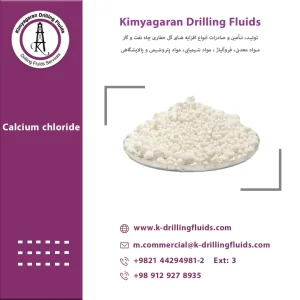
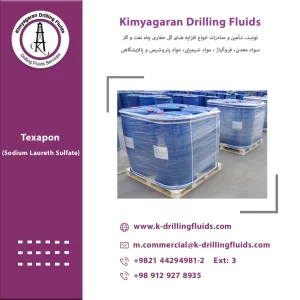
Reviews
There are no reviews yet.